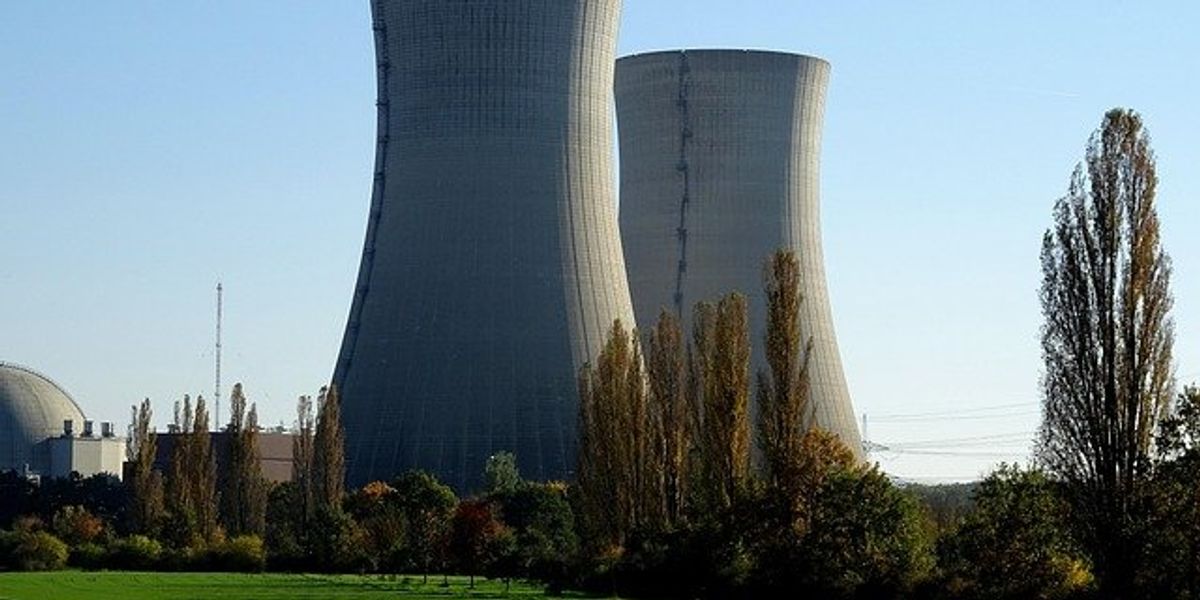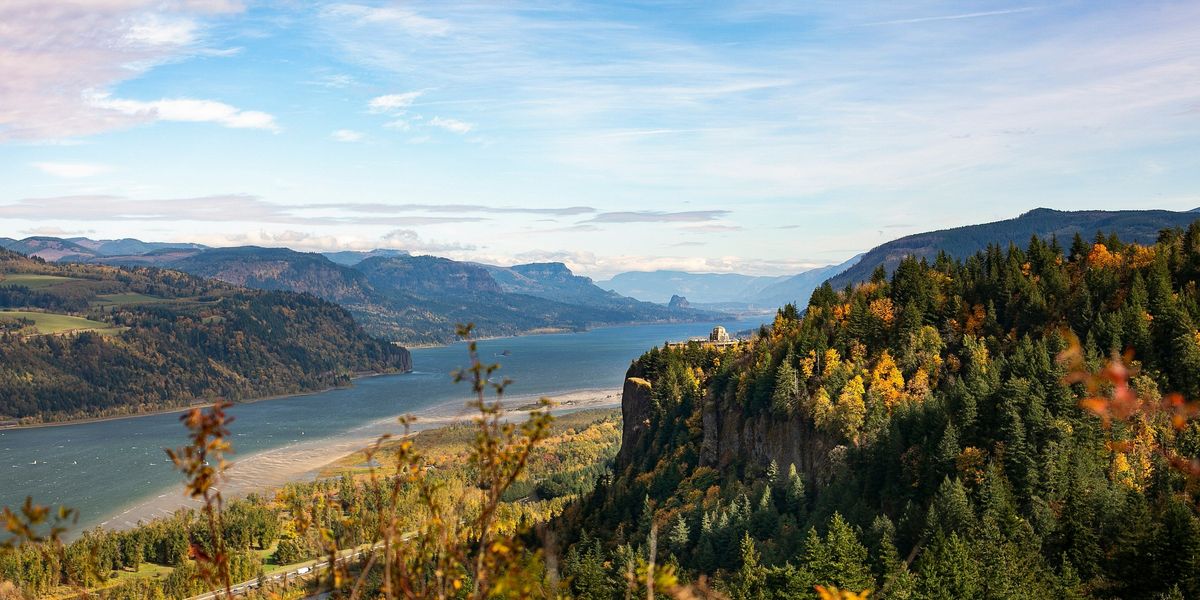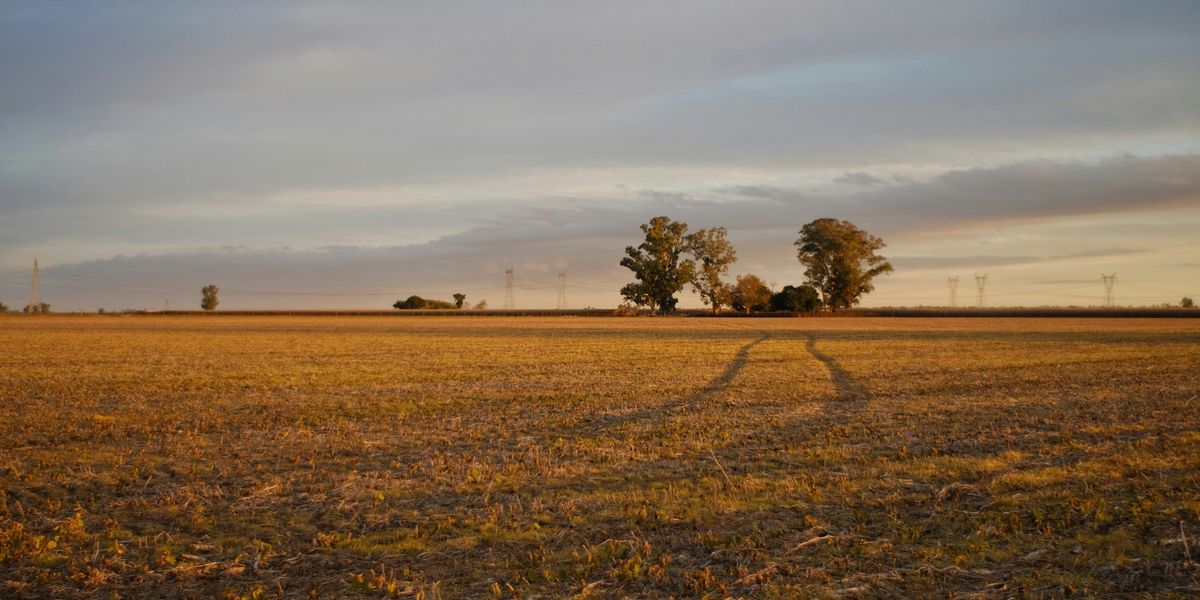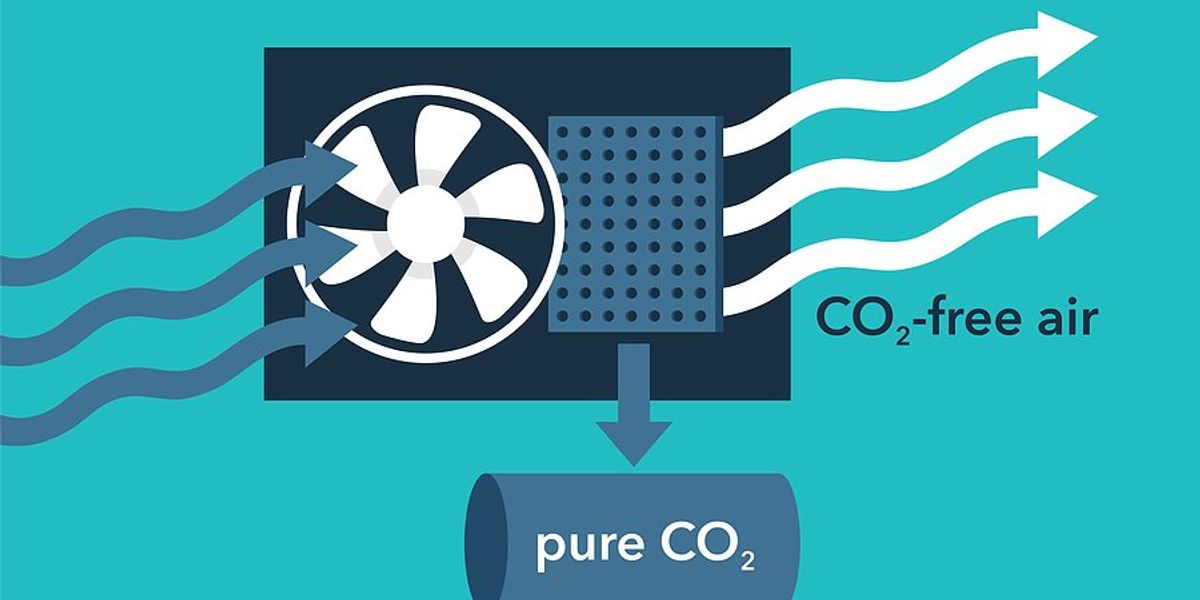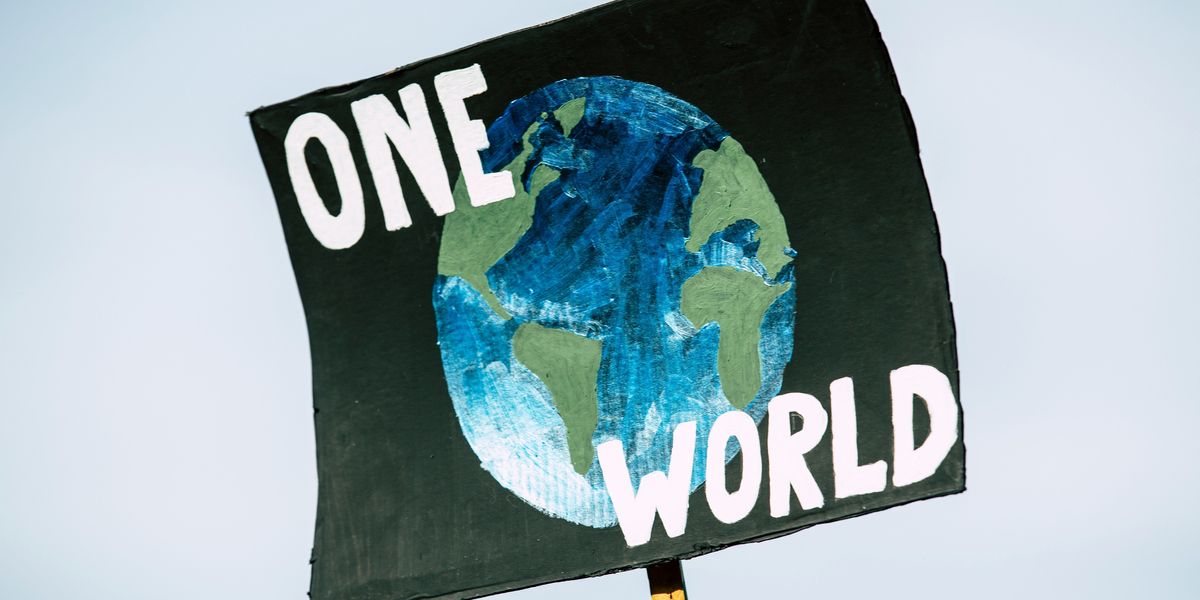
Cop30 faces challenges as Trump’s climate retreat and global tensions complicate negotiations
Governments worldwide will meet in Brazil this November for the Cop30 summit amid economic strain and a U.S. withdrawal from climate commitments under President Trump.
Oliver Milman reports for The Guardian.
In short:
- Cop30 president André Corrêa do Lago warned that the upcoming United Nations climate talks will be difficult due to economic turmoil and U.S. policy shifts away from climate action.
- While China remains committed to integrating climate goals with economic growth, uncertainty surrounds U.S. participation after Trump withdrew from the Paris Agreement and rolled back environmental regulations.
- Despite federal setbacks, U.S. states, cities, and businesses continue investing in clean energy, according to former Biden climate adviser Gina McCarthy.
Key quote:
“But there is obviously some that say, ‘God, how am I going to convince my people that I have to try to lower emissions if the richest country in the world is not doing the same?”
— André Corrêa do Lago, president of Cop30
Why this matters:
The stakes for Cop30 are high. As global temperatures continue to rise, the gap between climate pledges and actual emissions reductions remains troublingly wide. The U.S. exit from the Paris Agreement and rollbacks on environmental policies under President Trump have not only diminished American leadership on climate issues but also emboldened other nations to delay or scale back their own commitments. Meanwhile, the ongoing divide between wealthy nations and the global South over climate finance threatens to stall progress just when urgency is most needed.
Read more: Pacific island nations demand faster climate action from wealthy countries ahead of Cop30

